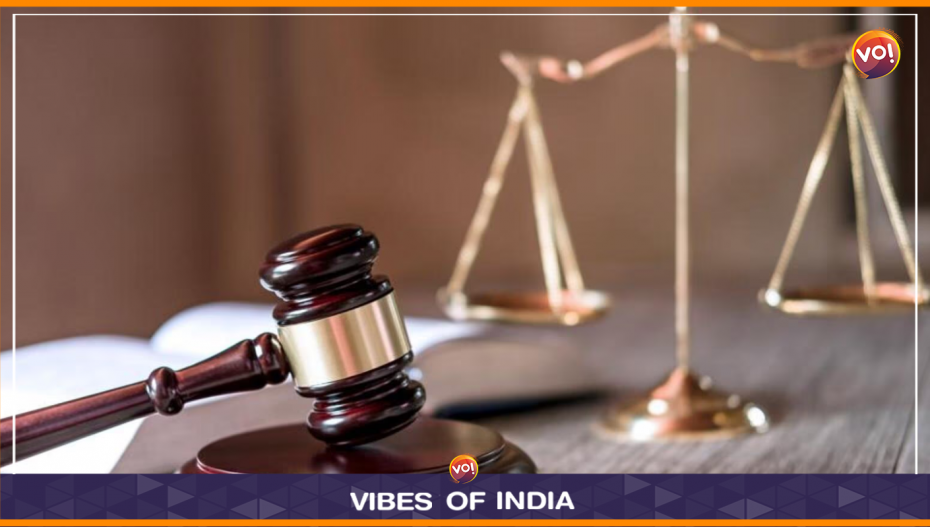Reams are being written on India facing a grave threat to democracy. The recent cold-blooded shooting down of gangster-turned-politician Atiq Ahmad and his brother Ashraf in public view has sparked outrage. India finds itself in the throes of a crisis of faith. Now, it’s widely held that a system of top-down kleptocracy has replaced the hallowed institutions of justice, especially after a special Ahmedabad court acquitted 66 people, including Bharatiya Janata Party leader Maya Kodnani and Bajrang Dal’s Babu Bajrangi, of killing at least 11 Muslims in Naroda Gam during the 2002 Gujarat riots.
For Gujarat, the wounds of the Gujarat riot will perhaps never be healed. The visuals of torched homes, mass murders, demolished places of worship, and women stripped and paraded naked still haunt us like no other. Post Godhra, Gujarat was never the same. The economy lost vitality and the state its confidence.
Not much seems to have changed going by the present government’s lenient view on convicts even as Gujarat remains convulsed by many episodes of violence and strife. The celebratory tone for the acquittals is being questioned. A part of an editorial by fairplanet.org titled, Why we must remember the Gujarat riots, reads: “Many of the perpetrators have even been celebrated in the country. Very recently, men convicted of the gang-rape of Bilkis Bano and the murder of her family during the riots were released from prison and greeted with garlands by members of a right-wing party close to the ruling BJP.”
Back to Kodnani’s case which intrigues, given that in 2012 she was called the kingpin of the Naroda Patiya massacre and ordered to serve 28 years in jail. The Gujarat High Court acquitted her in 2018. That year Bajrangi’s initial sentence of life imprisonment until death was commuted to 21 years in prison without remission.
These are not two isolated cases. Scores of Hindus linked to the 2002 Gujarat riots are exonerated ever since the BJP regime came to power in 2014. Media outlets have carried reports on how in 2015, a court in Sabarkantha exculpated six people from charges of slaying three British Muslims and their driver near Prantij town.
A year later, an Ahmedabad court gave a clean chit to 36 people involved in the Gulbarg Society slaughter of 69 Muslims, including former Congress parliamentarian Ehsan Jafri. In October 2016, the High Court exonerated 14 of the 31 people convicted of involvement in the Sardarpura carnage in Mehsana where 33 Muslims died.
What’s more, a media report highlights that the High Court shot down a plea filed by a Special Investigation team appointed by the Supreme Court against a special court’s acquittal of 31 other charges in the same case.
Lack of evidence is the common thread behind the acquittals. In 2017, a Gandhinagar court acquitted 28 people accused of disrupting law and order and damaging the properties of Muslims in Kalol taluka. Next year in May, the High Court declared three people innocent — six years earlier they were named in the Ode carnage in Anand.
There are some of the numerous cases of courts overturning convictions. It’s held that Kodnani has the blessings of the ruling dispensation.
Intellectuals like Ashok Swain, professor of peace and conflict research at Uppsala University, have flayed the government in no uncertain terms. Swain said, “Did 2,000 Muslims commit suicide in Gujarat during those days?” Swain tweeted on Thursday. “Did aliens come to mass rape Bilkis Bano and murder her family? Did Ehsan Jafri make a bonfire of his house and jumped into it?”
Social activist Ravi Hemadri joined the dissenting voices. He told a news portal that the government, police and the judiciary were complicit in the acquittals. He asked, “How will India face the global community with such a track record of zero accountability in cases of mass murder?”
Author and activist Revati Laul likened the politically manoeuvred acquittals to the 1984 Delhi riots and the North-East Delhi pogrom. He asked whether it was “hard to get witnesses to stick to their accounts 20 years later, especially in the current political environment we find ourselves in.”
Nationalist Congress Party leader Sharad Pawar asked who the killers were if all the accused were found innocent. Pawar was quoted as saying, “The ruling party was behind the riots. “Minority members were killed. Many were arrested and one of the women accused was a legislator. Now the court has acquitted all. So, who killed those who died?”
The Congress, not to miss an opportunity to spare a dig at the BJP, has used words like “categorical lapses.”
“The only way the prosecution and the prosecuting state can prove this to be false is if they pursue the appeals process with seriousness and expediency,” party leader Jairam Ramesh said.
Going by the way rioters, arsonists and killers have been acquitted, the democratic discontent will only grow stronger.
Also Read: Chattisgarh: IED Blast Packed With 55 Kgs Explosives Kills 10 DRG Personnel












